 The Cambridge Energy Alliance has participated in many CFL exchange canvasses. On a chosen day, we and volunteers head out into neighborhoods and knock on doors, offering to give an equal number of CFLs for the number of regular light bulbs a household will hand us. As a special treat with Halloween approaching, Green Medford has announced an event that is a new take on this idea.
The Cambridge Energy Alliance has participated in many CFL exchange canvasses. On a chosen day, we and volunteers head out into neighborhoods and knock on doors, offering to give an equal number of CFLs for the number of regular light bulbs a household will hand us. As a special treat with Halloween approaching, Green Medford has announced an event that is a new take on this idea.
From the Green Medford blog:
Hi all! I want to share with you a very fun idea and ask for your help in making it a big success!
We’re calling our event “Reverse Trick or Treat,” thought up by JR Siegel, a student at the Fletcher School and a Medford resident. The idea is for a bunch of residents to get together on Halloween, hopefully including kids, to make it more fun for everyone.
Dressed in fun costumes (but nothing too scary), teams of two or three (no kids without an adult) will ring doorbells in a residential neighborhood during trick or treating time. We’ve been given several hundred energy-efficient lights (CFLs) by National Grid and Tufts to give away to folks who answer their doors. The more of us there are to participate, the more bulbs we can give out. The kids, of course, will do regular trick or treating at the same time!
We want to focus on a neighborhood with lots of families that might not already have CFLs or know all they need to about saving electricity and money by switching to energy-efficient lights.
We also would like to find a reporter to walk around with us and take pictures and talk to people about the event.
In addition to us in Green Medford, we already have all these sponsors committed!
EFI/National Grid, Tufts University Office of Community Affairs, Fletcher Green (a student group at Fletcher School of Law and Diplomacy/Tufts), and the Medford Energy and Environment Office.
Please join us! Contact Susan Altman, Green Medford, susan.altman@comcast.net, 781-395-4664, or J.R. Siegel, Fletcher Green, j.r.siegel@gmail.com.
Happy Halloweeeeeeeen!




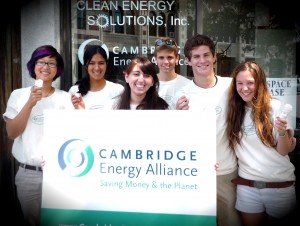
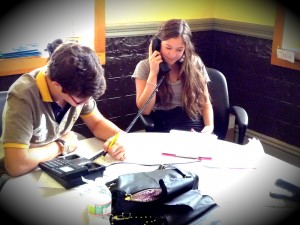

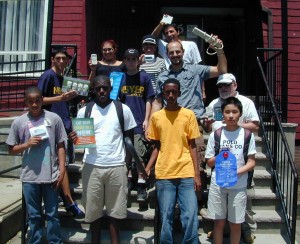
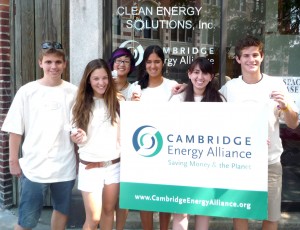
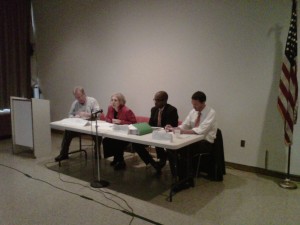 On June 3rd, a panel of experts was convened at the Cambridge Public Library to discuss the federal climate policies being proposed at that time to regulate greenhouse gases, and what their impacts might be. The panel was moderated by Rob Garrity, the Executive Director of
On June 3rd, a panel of experts was convened at the Cambridge Public Library to discuss the federal climate policies being proposed at that time to regulate greenhouse gases, and what their impacts might be. The panel was moderated by Rob Garrity, the Executive Director of